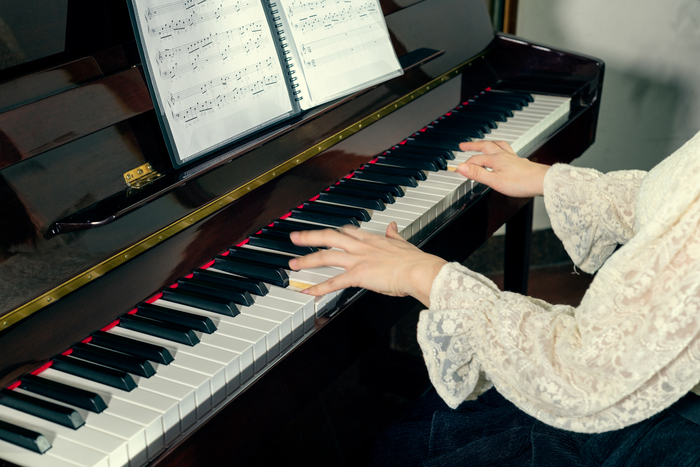There are several reasons for the existence of such a strong musical tradition in Vienna and Austria in general. On the one hand, the practice and study of music is clearly part of the Austrian identity. On the other hand, the early modern period, during the 17th and 18th centuries onwards, was marked by the Age of Enlightenment. Local elites, governments, and religious institutions, in general, have shown a willingness to support the arts.
This devotion to art can be seen in many Viennese monuments and historic buildings and heard in music of Austrian composers of different periods and styles: from Enlightenment and the classical era to the romanticism of the 19th century and New Time (Berg, Schoenberg). The city has also been a magnet for talents from all over Europe, such as Vivaldi (Italy), Mahler (Austria), and Liszt (Hungary).
Even today, Vienna is a vibrant music capital: its classical heritage can be seen throughout the city, but we also find venues and cultural centers dedicated to rock, jazz, popular, electronic, and experimental types.

Franz Joseph Haydn (1732−1809)
The eldest of the Viennese classics, Franz stood at the origins of such academic genres as the symphony and the string quartet. One of the most prolific, famous, and successful composers of his century, Haydn left a rich creative legacy:
- 104 symphonies;
- 24 operas;
- 3 oratorios;
- 6 masses and many other spiritual and secular works.
Wolfgang Amadeus Mozart (1756−1791)
A virtuoso musician and brilliant composer, Mozart had a massive impact on European and world musical culture. He equally brightly showed himself both in opera and in instrumental works.
Although the composer traveled extensively in Europe, it was in Vienna that he reached the zenith of his fame and wrote his most famous masterpieces, including operas (Marriage of Figaro, Don Giovanni, Magic Flute) and Requiem.
Ludwig van Beethoven (1770−1827)
Today, Beethoven is a well-known and usually performed composer in world.
He was born in Bonn but spent most of his life in Vienna and its suburbs, where Ludwig worked on works that are now included in the collection of masterpieces of world music (9 famous symphonies, 5 concertos, and many sonatas).
